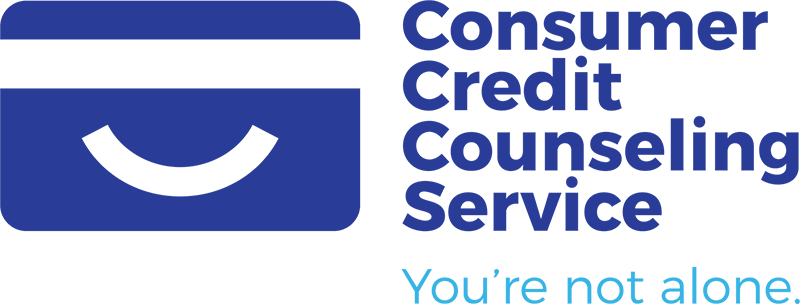Consumer Credit Counseling Service News Articles
Home » News Articles »
Credit card fraud is a kind of identity theft, so you should take measures to protect your identity when you do any online credit card transaction. It’s also possible to verify the identity of anyone you deal with online.
Jumio offers an online identity verification product. Click here to know more about it and how to protect yourself from identity theft.
Read on for information about credit card fraud.
What is fraud?
If someone commits fraud, it means they did something to cheat another person. The victim often loses money, so fraud is a form of stealing. Sometimes, the victim loses something intangible, such as their power to achieve something, or even their identity.
One of the most common forms of this crime is credit card fraud.
What is credit card fraud?
Credit card fraud is a deceptive action done specifically to deprive you of money, or your banking identity. In fact, a lot of credit card fraud is linked to identity theft. If the fraudster has your banking details, they can do quite a lot of damage.
The aim of credit card fraud is quite straightforward: the perpetrator wants to use your credit card to make purchases, for which you will be charged, or they want to withdraw money from your account.
In this post, we list 5 credit card frauds and how to avoid them.
Phishing scams
You talk about ‘phishing’ when someone sends an email or makes a call aiming to get your credit card details, so they can use them for fraudulent transactions. The story they give often sounds plausible, but you are asked to give your details over the phone or in reply to the email.
To avoid being the victim of a phishing scam, be aware and make sure the protection software on your computer and phone is up to date.
If you are asked to give your banking (or other) details in an email, then check and double check. Consider what the source of the request is. It could appear to be your bank. However, banks have procedures to follow, which certainly do not include asking you to provide details without any checks.
The easiest thing to remember is never to give your credit card details to anyone in any way, unless there are obviously security checks in place.
Credit card overcharging scams
You may get an email from what looks like a reputable source, or company you may subscribe to, telling you there has been an error and you’ve been overcharged. It’s easy to correct this, you’ll be told, by answering this email, which includes giving specific information, including your credit card details.
If you don’t subscribe to the service, or haven’t made a payment to a certain store, you’ll spot the fraud. However, if it seems to be legitimate, check the email address. If it’s different from the one you usually get mail from, beware.
No legitimate source is going to ask you to send your credit card details to them without security checks.
Settling credit card debt
If you receive a call offering you a service that will help you clear your credit card debt, your instinct may be to jump at it. However, if you are asked to give your credit card details, hang up.
If you think the call may be legitimate, say you will call them back. If it’s a fraudulent call, they’ll try to talk around that and suggest they phone you later.
The bottom line is, if anyone at all on the phone asks for your credit card details, hang up. There are also ways to report calls like this, particularly on your mobile.
Skimming and shimming
The magnetic strip and chip on your credit card contain information about your account. There are devices, called card skimmers, that can scan your card within seconds and pick up those details.
These skimmers are not that easy to see, but you should be on the alert for anything that doesn’t look quite right. If the keypad on a card machine or the ATM looks like it’s been tampered with, then be wary. Don’t put your card straight into the machine. Wiggle it a little, which should confuse the skimmer.
Always hide your pin, and always check your banking accounts regularly.
Online shopping scams
Online shopping is a channel for credit card fraud. Some of these may be fake: you choose the item, make the payment via your credit card and the fraud is complete: you’ll certainly lose the money, but the site may also have stolen your credit card details.
Make sure any online shop is legitimate by looking at the URL, which must say: https (not http) and should have a lock icon before it. You should also look for reviews of the store, or the items it carries.
General points for avoiding credit card fraud
- Never give out your credit card details in response to an email, or over the phone.
- Always keep your card safe.
- Check your accounts regularly.
- Pay attention to SMS notifications about payments. Report any that you haven’t made.


